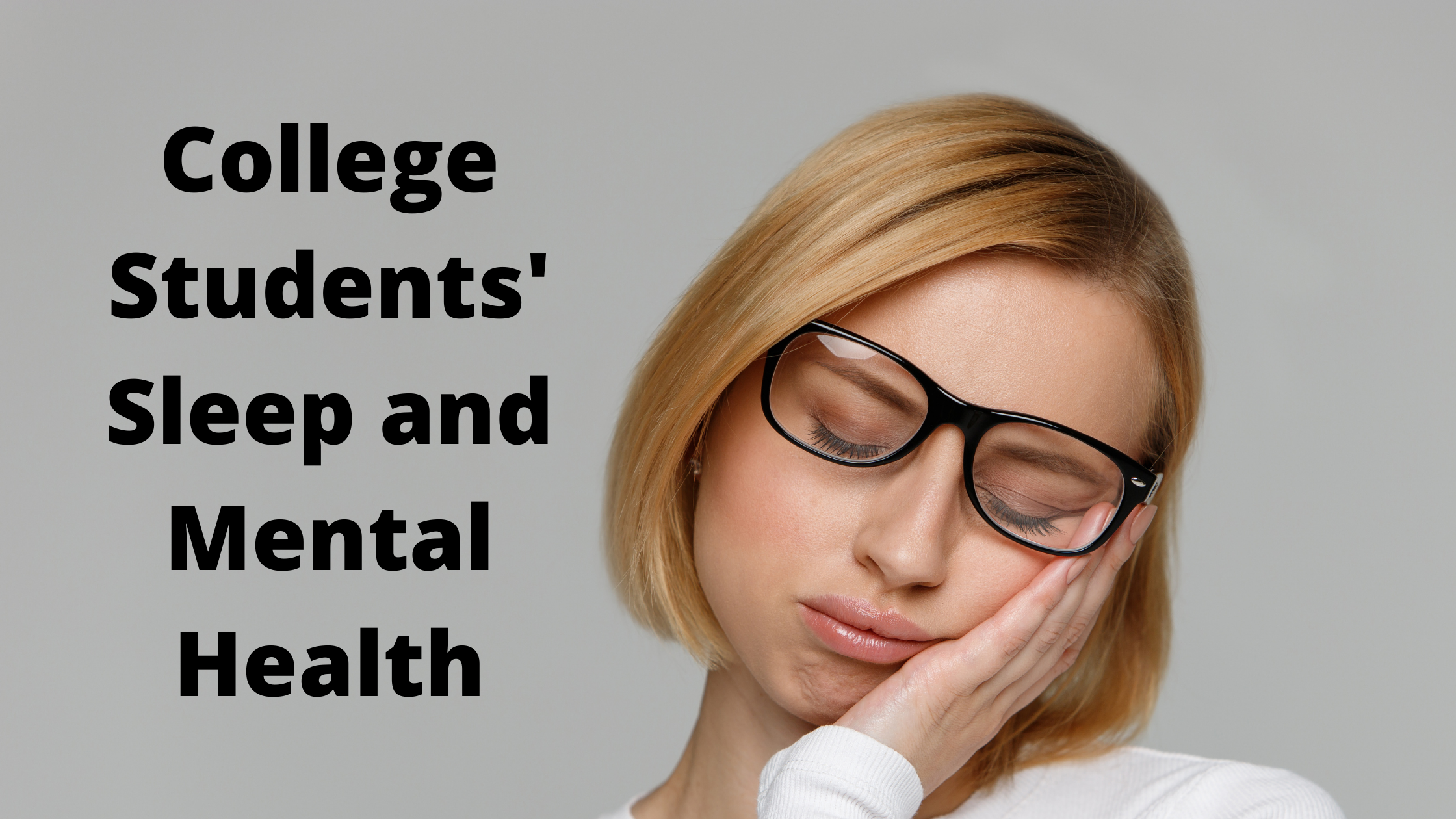
College is a time for young adults to finally have some freedom and get a little taste of what adulting is like. However, with that responsibility comes the risk that life won't go as planned, which can take a toll on mental health at an age when everything is so important for proper transition into adulthood.
One of those things in life that may not go as planned is sleep, as students with mental health disorders have poor sleep quality. Continue reading to find out more about this relationship and what things students can do to help alleviate these sleep disturbances.
Depression and Sleep Quality
A new study is showing that students with depressive symptoms and high stress levels may be more likely to experience poor sleep quality. Researchers worked with more than 1000 full-time college students at a public university in Brazil and aimed to explore poor sleep quality and excessive daytime sleepiness, as well as the association with aspects of mental health.
Participants rated their stress and sleep levels through questionnaires about their demographics, socioeconomics, mental health, sleep quality, and excessive daytime sleepiness (EDS).
The results showed that a tendency to have poor sleep quality and excessive daytime sleepiness was found among the participants. Both metrics saw significantly higher numbers in females than in males. For excessive daytime sleepiness, there was a significant association with moderate and high perceived stress, presence of depressive symptoms, and the field of students' study, those studying biological and health sciences.
Sleep deprivation and EDS
The recommended amount of sleep for adults is 7-9 hours. For college students, this number could fluctuate based on developmental needs, as you may still be growing and requiring extra sleep.
A random night of only getting a few hours of sleep can be made up; however, chronic sleep deprivation (several nights of receiving less than optimal sleep) can lead to excessive daytime sleepiness. EDS makes it harder for students to concentrate, regulate their mood, which can lead to emotional and mental dysfunctions.
Also, if students are unable to concentrate due to their low energy, then this can impact grades, which can further contribute to stress levels.
Relationship between sleep and mental health
Sleep and mental health go hand in hand. Without sleep, emotion regulation becomes very difficult as the brain is just concentrating on very basic needs. Fatigue can lead to feelings of anergy and depression. Depression can also impact sleep quality, as well as anxiety and high levels of stress. Then students enter this vicious cycle of low sleep levels and increasing mental disorders, both of which contribute to the other.
Improving Sleep as a College Student
Between hectic schedules and transitioning into adulthood, sleep habits can fluctuate during a person's time in college. Making sleep a priority for college students benefits overall wellness and can also improve academic performance.
In order for students to improve their sleep, they should begin by maintaining good sleep hygiene. This is a consistent schedule of events that happen before bed to train your mind and body when it's time to go to sleep. This can include avoiding electronics before bed, yoga or meditation for stress release, reading a good book, and making sure you're ready to go for the next day.
You can also improve sleep by maintaining a good schedule throughout the day. This includes getting sunlight during the day and waking up and going to sleep at the same time every day. Prolonged daytime naps, while making up for the occasional late night, can disrupt sleep schedules if done all the time.
[Sources]:
https://www.sleepfoundation.org/sleep-news/poor-sleep-quality-affects-mental-health-in-students

